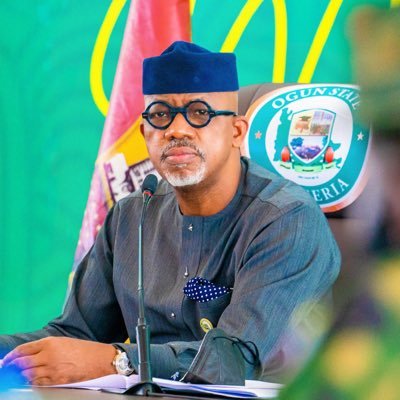The Ogun State government has disbursed over N3 billion in individual livelihood grants to 54,000 women under the Nigeria For Women Project.
This initiative aims to remove barriers limiting women’s participation in economic activities and contribute to nation-building.
According to Engr.
Noimot Salako-Oyedele, Ogun State Deputy Governor and Chairman of the Steering Committee of the Nigeria for Women Project, “The Nigeria for Women Project has formed over 3,700 Affinity Groups, benefiting over 67,000 women across Ijebu North-East, Odeda, Yewa North, and Ikenne Local Government Areas.”
She added, “To further remove the barriers limiting women’s economic participation, the state government disbursed over N3 billion in individual livelihood grants to 54,000 women in April 2022.”
READ ALSO:
62-yr-old Borno retiree wins big in First Lady’s #EveryHomeGarden Competition
Amendment: Understanding Section 4, under “Performance based analysis” in NAHCON Establishment Act (II)
Ebonyi records 23 Lassa fever deaths, 48 confirmed cases
The program has established 61 Collectives, comprising 11,000 WAG members engaged in agricultural and non-agricultural programs. These women have received comprehensive training in business skills, financial education, gender awareness, and life skills. Additionally, over 100,000 additional women have benefited from a similar program under the governor’s Oko’owo Dapo program.
As part of the program, 61 collective groups and hubs, including rice processing, maize storage, cassava processing, and tailoring hubs, will be handed over to the Ministry of Women Affairs. The program has also disbursed over N5 million to various Women Affinity Groups, with participants collectively saving over N1 billion.
The Deputy Governor emphasized the state government’s recognition of women’s indispensable role as caregivers and drivers of economic growth and community transformation.
“We are going to proudly hand over 61 collective groups and hubs to the Ministry of Women Affairs. This includes two rice processing hubs, five maize storage and marketing hubs, 38 cassava processing hubs, seven cassava and maize production hubs, and nine tailoring hubs,” she said.

